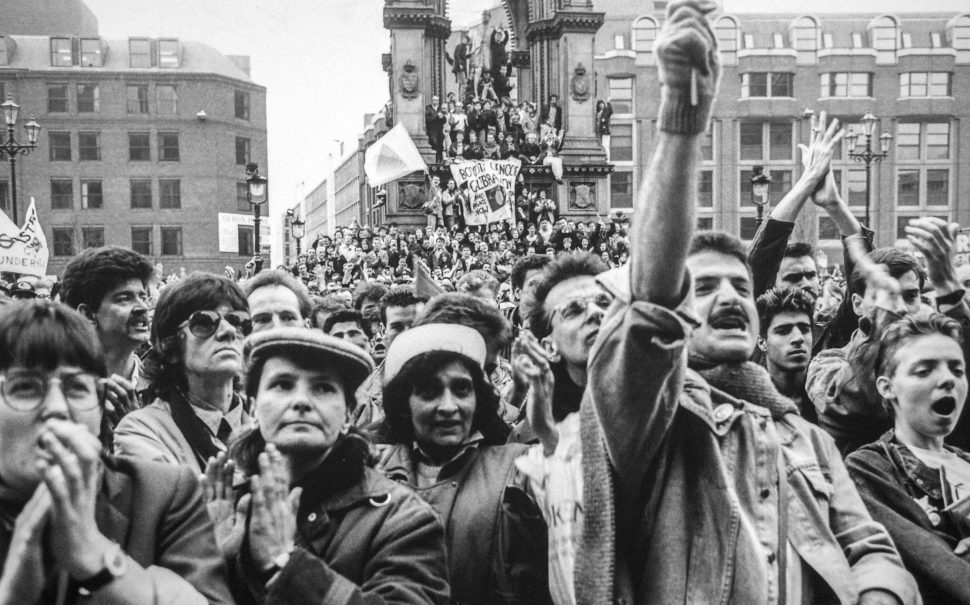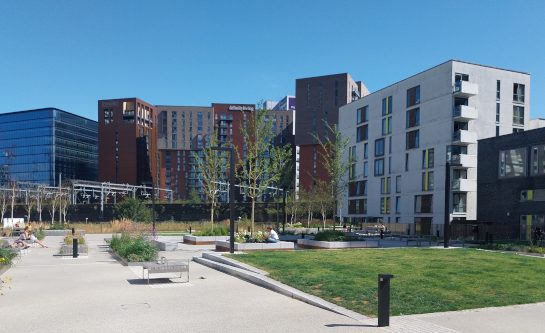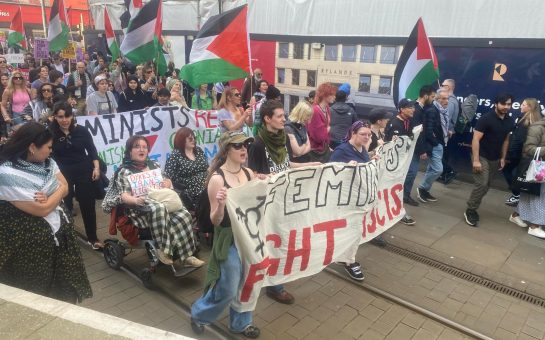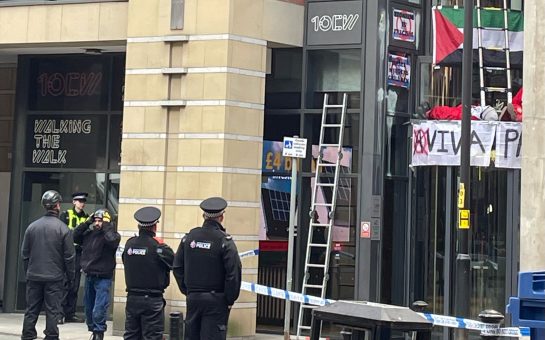A research project that will explore queer heritage and protest in the north west is being launched today in Manchester – to coincide with the 21st anniversary of the abolition of the Thatcher-era Section 28 policy.
Section 28 prohibited the ‘promotion of homosexuality’ as an acceptable family relationship by schools and local authorities, and came into force in May 1988 at the height of the AIDS crisis, partly in response to public demonisation of gay men.
It further marginalised a community whose members were already dying in record numbers – and it wasn’t repealed until 2003.
Queer arts and heritage organisation IAP:MCR plans to investigate the effect Section 28 had on the community and the acts of resistance it inspired – especially in the context of Greater Manchester and its surrounding areas.
The arts organisation has previously worked on projects around different aspects of LGBT history, such as exploring the legacy of the 1967 Sexual Offences Act which decriminalised sex between men over the age of 21.
Their new two-year project, entitled Protest! – Documenting Dissent, aims to uncover “queer voices and untold stories”, while also recontextualising information that is buried in the public record.
Jez Dolan, artistic director of IAP:MCR, said: “Section 28 was an appalling and hugely misjudged piece of legislation, and one which had the unexpected outcome of bringing our communities together in protest, in unity and in collective action for the first time.”
It also aims to highlight the less obvious consequences of the legislation, such as the effect it had on children’s book publishing by driving an absence of queer characters.
One major touchstone of the project is the 1988 Anti-Section 28 protest in Manchester, where over 20,000 people demonstrated to express their anger over the measure in a gathering that remains one of the largest LGBTQ+ marches in UK history.
The project will also use intergenerational communication to generate untold histories, training younger members of the community to act as oral historians, collecting and archiving the memories of those who lived and fought through Section 28.
Alongside the research, IAP:MCR also plans to commission artwork, hold a series of public interventions and events, create a new film, and curate an exhibition.
IAP:MCR’s Val Martin said: “[Section 28] was the first homophobic legislation since 1895.
“It’s really quite recent and it just shows how fragile rights are, whether it comes to trans people, to women, or LGBT people.
“And I think bringing that to the forefront, and bringing the importance of protest to the forefront, is an important and valid project.”
The project is being supported by Manchester Art Gallery, and Manchester Libraries and Archives, who will support the research, oral history and archival exploration elements of the projects, as well as an exploration of the city’s art collection.
Funding is also being provided by the National Lottery Heritage Fund.
Gary Bridges, deputy leader of Manchester City Council, said: “It’s important we shine a light on this history and document the experiences of those in our city who fought for their rights and the rights of others.”
As part of the project, IAP:MCR is looking for interviewees who were affected in any way by Section 28, as well as for volunteers to carry out the interviews. More information is available for anyone interested here – or please contact Rosheen O’Hanlon at volunteer@iapmcr.co.uk.
Feature image courtesy of Manchester Libraries




